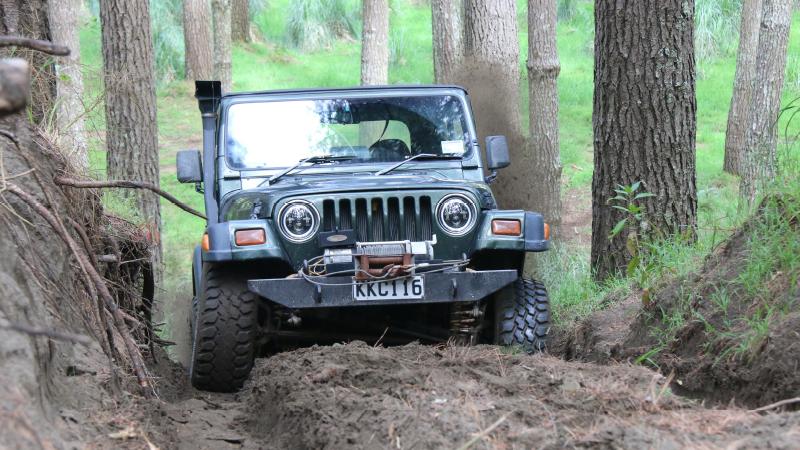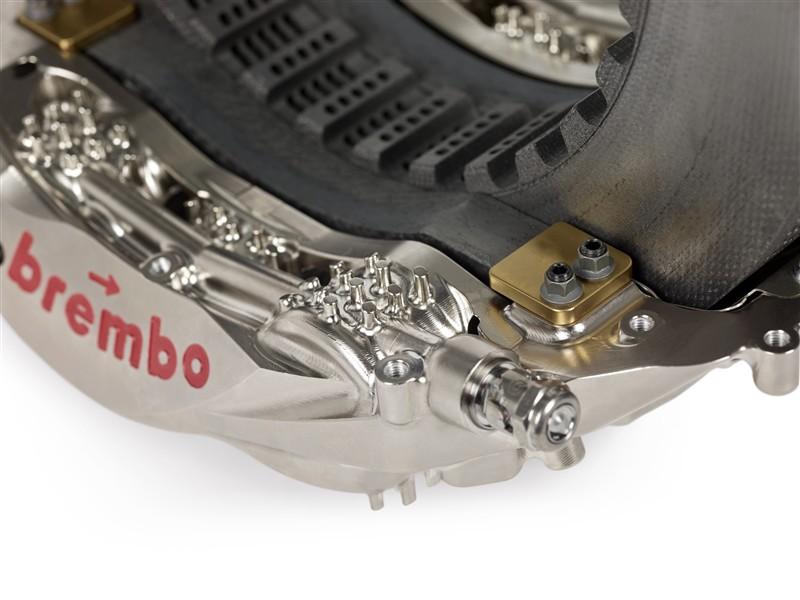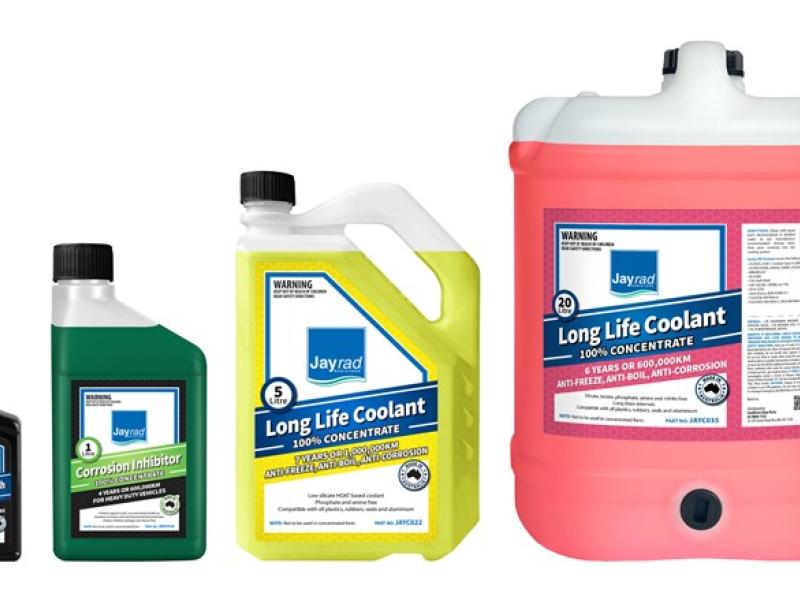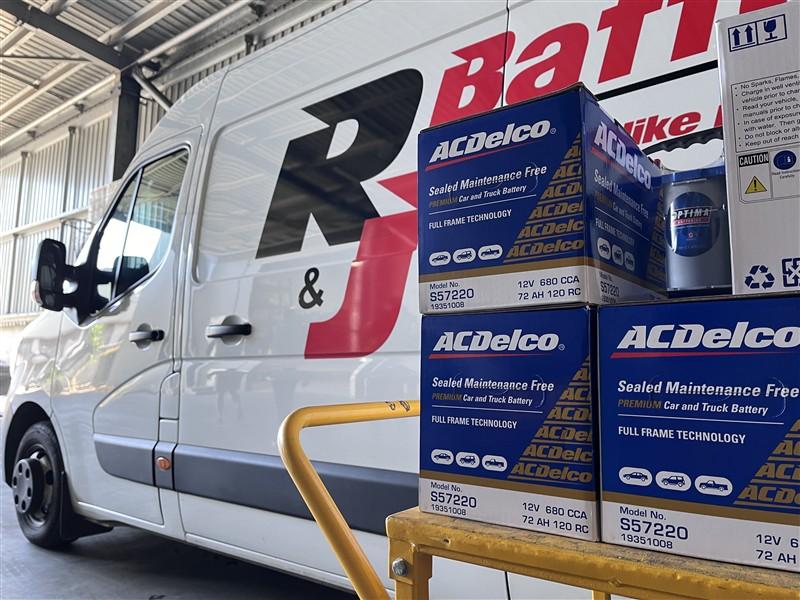This was written for 4WD owners but canvases the issues workshops need to be aware of when servicing 4WD vehicles that get used for off-road work.
Want your tired old Tuff Truck to feel ‘like new’ again? It’s amazing the difference a complete change of engine and driveline fluids can make.
We are truly living in golden times. Where not that long ago, proper, pukka off-road – capable 4WDs were few and far between, today they are amongst our biggest and best sellers.
Which is all very well until the thing starts costing you money, right?
Oddly enough, one of the best – proven too – ways to avoid really big bills later is to pay some much smaller ones earlier.
We’re talking preventative maintenance, and in researching this story I found a quote from Repco suggesting that 4WDs needed servicing more regularly than current factory guidelines dictate.
“If you are a veteran hard core off-roader, you likely know all there is to know about servicing and maintaining a 4WD vehicle. However, if you are new to the off-road driving scene, there are some things you need to know about keeping your 4WD in top-notch condition; one of which is that you need to service your vehicle much more regularly than the factory service schedule prescribes.”
Because?
Because while most pukka modern 4WD vehicles have excellent off-road capabilities, even the odd strop down a muddy dirt track will place demands on it a typical 2WD family car would likely never face in a lifetime being driven on smooth black tarmac.
Repco again: “Factory specified service intervals are designed to keep a 4WD vehicle in good mechanical condition only if it is not frequently subjected to dusty conditions, water crossings, thick sand, deep mud, extreme suspension articulations, and the severe vibrations that come with hard core off-road driving over extended distances.
“Thus, since vehicle manufacturers cannot foresee all eventualities or accept responsibility for breakdowns and parts failures that happen when their products are used in extreme conditions, it falls to the owners of 4WD vehicles to take suitable precautions to prevent such failures as far as is practicable.”
Key areas to keep an eye on ‘between’ the factory service intervals, would include ALL fluids, meaning:
• Engine oil (and filter).
• Gearbox oil level.
• Transfer case oil (level).
• Front & rear diff oil.
• Brake fluid (level).
• Engine coolant.
• Air Filters
• Windscreen washer reservoir.
• Steering and suspension bushes and connections.
Changing your engine oil and oil filter every 5,000kms costs little in the scheme of things, but can save thousands in the overall life of your 4WD. The same goes for all the other oils in the driveline:
Coolant – aka antifreeze – also costs very little, so you should get into the habit of flushing your 4WD’s radiator and mixing up a fresh batch to refill it with at least once every two summers.
Dust is common off-road in New Zealand so air filters may need changing/cleaning more frequently
Finally, because brake fluid absorbs heat and attracts atmospheric moisture, which makes the fluid more susceptible to boiling, it should be bled, and replaced with fresh performance fluid at least once every two years as well.






